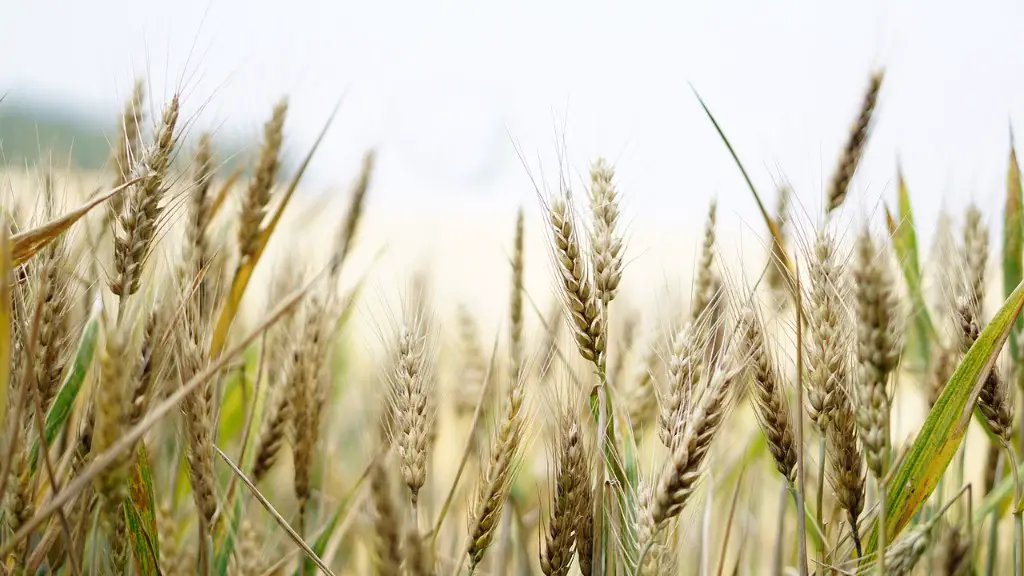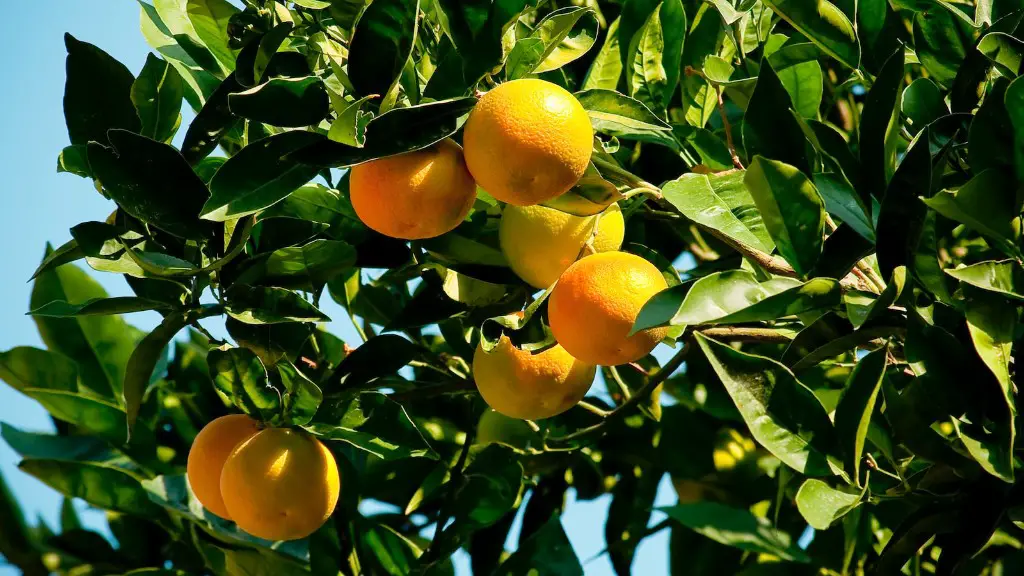Weed management in agriculture is the process of controlling and eradicating weeds in order to limit their impact on crops and other plants. There are a number of methods that can be used for weed management, including mechanical control, chemical control, and biological control.
Weed management in agriculture is the process of controlling and/or eliminating weeds in order to achieve a desired level of plant health or crop yield. There are a variety of weed management techniques that can be employed, including chemical, physical, and biological control methods.
What does weed management mean?
Weed management is an important part of land management and conservation. Weeds can have negative impacts on the environment, economy, and human health. Therefore, it is important to control and manage them in an effective and safe manner.
Mechanical control methods can be effective in controlling certain weed species. Such methods include pulling, digging, disking, plowing and mowing. The success of these methods is dependent on the life cycle of the target weed species. For example, hand pulling and digging can be effective on annual and biennial species such as kochia, musk thistle and diffuse knapweed.
What are the two main goals of weed management
In order to preserve the efficacy of herbicides, two things must happen: 1) adoption of integrated weed management, and 2) shift the goal of weed management from protecting crop yields to minimizing the size of the weed seed bank. The first requires a shift in behavior, the second a change in attitude.
Crop rotation is the key to organic weed management. This practice keeps weed communities off balance by mixing cropping systems and long rotations to enhance soil fertility and economic diversity.
What are the three principles of weed management?
Weed management principles are based on the principle of preventing, eradicating and controlling weeds. These principles are essential in order to maintain a healthy and productive environment.
Weed management approaches can be divided into three primary categories: prevention, eradication, and control. Each of these can be achieved through a variety of methods, including biological, chemical, cultural, and mechanical (physical) tools and techniques.
What are the components of weed management?
While there are many options for reducing the amount of herbicide-resistant weeds on your farm, some options are easier to implement than others. Easier options include equipment cleaning, timely scouting, and altering herbicide tank mixes. More extensive options include changing crop rotation, cover cropping, changing tillage practices, and harvest time weed seed control. No matter which options you choose, taking action to reduce herbicide-resistant weeds is important for the long-term success of your farm.
Integrated weed management includes using a combination of different methods to control weeds. This can include physical methods like cultivation and mulching, as well as chemical methods like herbicides and flaming.
What is the #1 method of controlling weeds in crops
Hand hoeing and pulling are the oldest and simplest methods of weed control. Even today, they are used by 70% of the world’s farmers, primarily in less industrialized countries. These methods involve severing, dislodging, or burying plants and seeds. All tillage operations can help control weeds to some extent.
While it’s true that weeds can rob soil moisture and nutrients from a competing crop, they can also decrease harvest efficiencies. This is because weeds compete with the crop for sunlight. Because they are plants competing to survive in a limited space, weeds are actively removing nutrients from the soil to grow taller, stronger and healthier each day.
What are 6 methods for managing weeds?
Weed management is the process of keeping a area free of weeds. There are many methods to achieve this goal, but the most important factor is prevention. By preventing weeds from developing seed, you can significantly reduce the weed problem. Other methods of weed management include cultivation, cover crops, mowing, flaming, hand-removal, mulches, soil solarization, and more.
Weed control is vital in agriculture as it decreases yields, increases production costs, interferes with harvest and lowers product quality. Weeds also impede irrigation water-flow, interfere with pesticide application and harbour disease organisms.
What is the most effective method of weed control
Herbicides are one of the most effective and time-efficient methods of weed control. Some herbicides are formulated so as not to cause harm to the surrounding plants of the weed. Chemical control is an effective way of controlling weeds.
Weed control is a process that farmers use to limit the infestation of weed plants in their crops. Weed management includes prevention, eradication, and control by regulated use, restricting invasion, suppression of growth, prevention of seed production, and complete destruction.
What will happen if the weeds are not removed from the crop fields?
Weeds are plants that compete with crops for resources like water, sunlight, and nutrients in the soil. They can also harbour pests and diseases that can damage crops.left unchecked, weeds can reduce yields, quality, and even the value of crops. In severe cases, they can even kill the crop plant completely.
Weeds are defined as unwanted plants in the wrong place. Weeds reduce yields by robbing the crop of water, sunlight, and nutrients. They also harbor insects and diseases, and encourage vertebrate pests. Timely cultivation, wise use of herbicides, and never permitting weeds to set seed are integral parts of a good weed management system.
Final Words
Weed management in agriculture is the process of controlling and eliminating weeds in order to improve crop yield. There are numerous techniques that can be employed, including physical removal, chemicals, and biological control methods.
Weed management in agriculture is the process of controlling and managing weeds in order to minimize their negative impact on crop production. There are various techniques that can be used for weed management, including chemical, physical, and biological control methods. An effective weed management program should be tailored to the specific needs of the farm and the crops being grown.




